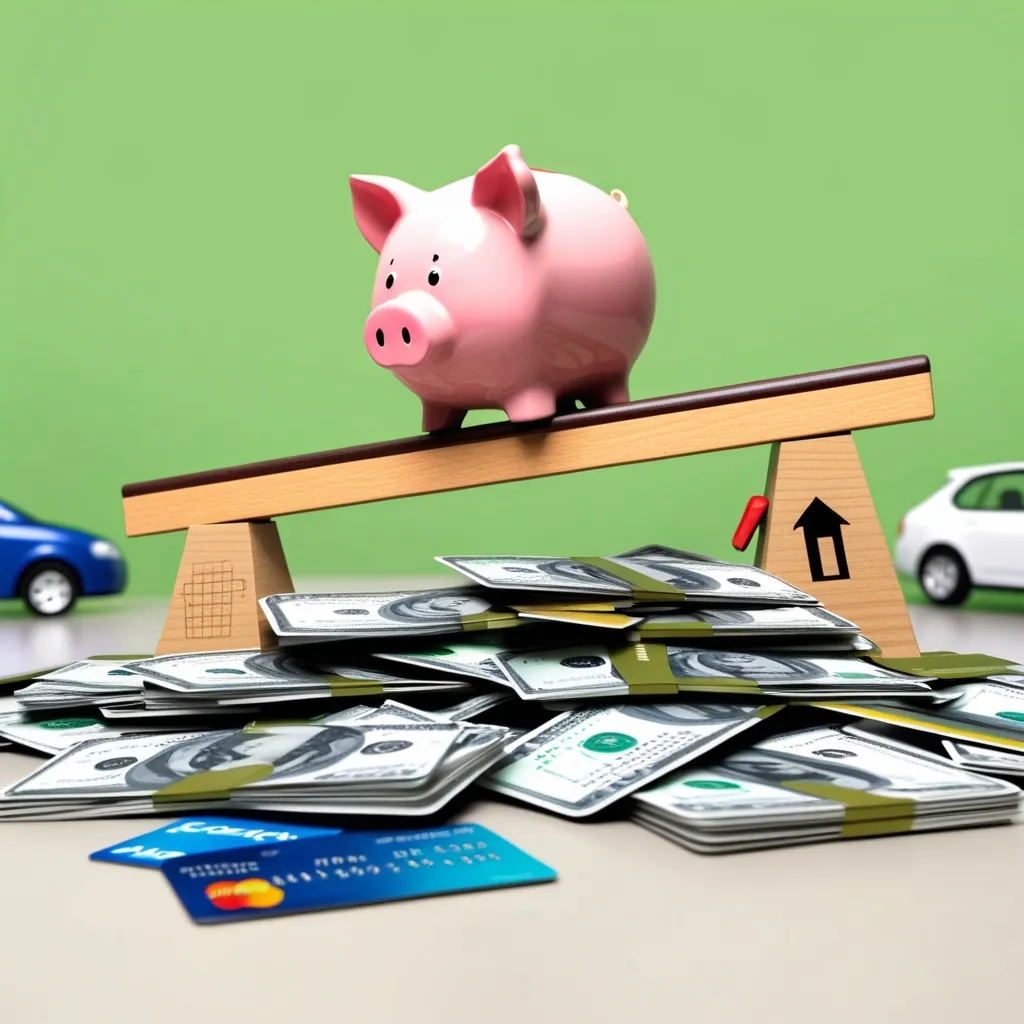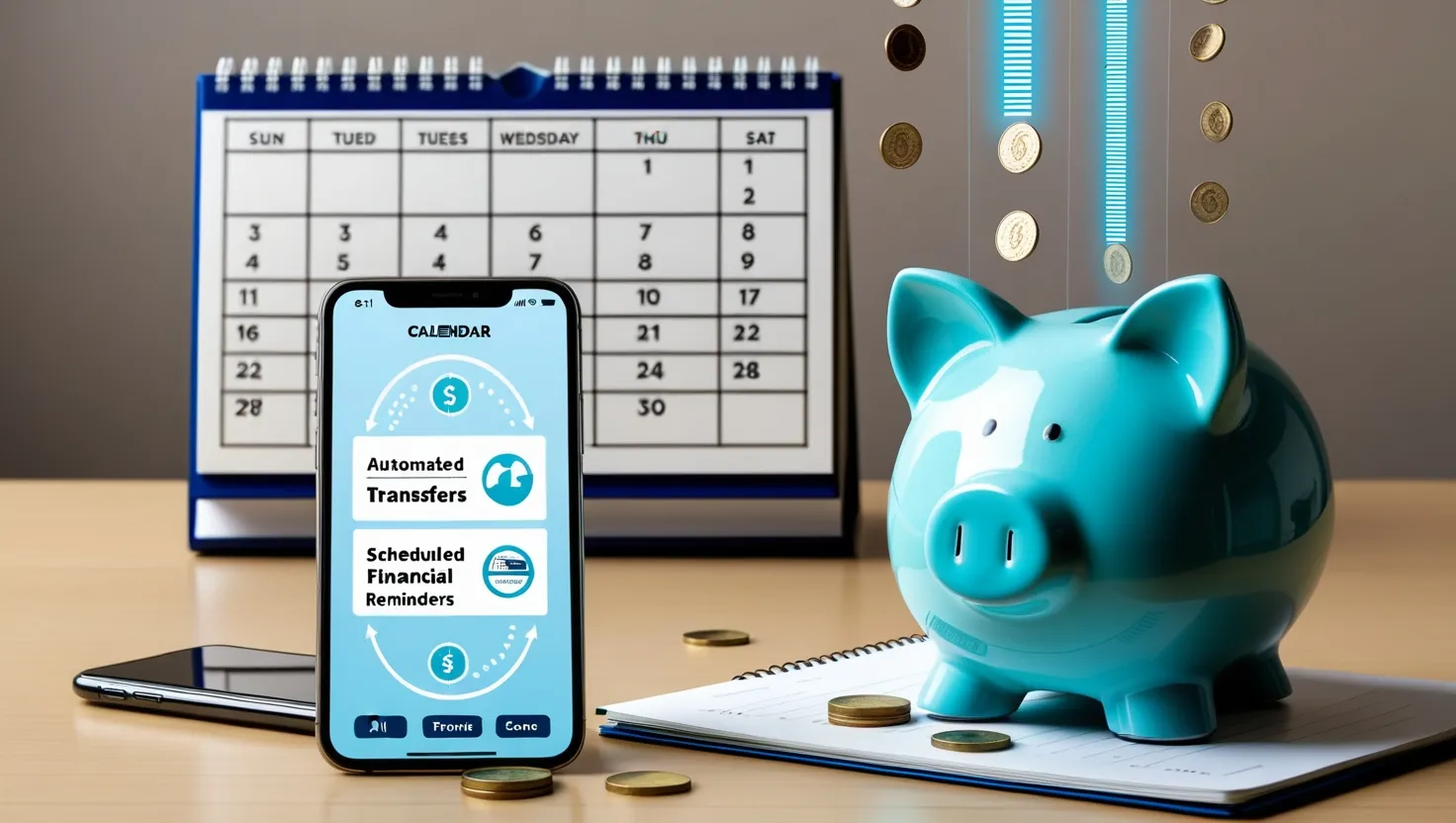Slashing Your Expenses: A No-Nonsense Guide to Saving Big
Let’s face it, we all want to save more money. But actually doing it? That’s where things get tricky. Don’t worry though, I’ve got your back. Here’s a down-to-earth guide on how to cut your expenses in half without losing your mind.
First things first, you gotta know where your money’s going. It’s like trying to lose weight without knowing how many calories you’re eating. Grab a notebook or download a money app and start tracking every single penny you spend. Yeah, even that $2 coffee. Trust me, it adds up.
Once you’ve got a handle on your spending, it’s time to make a budget. I know, I know, budgeting sounds about as fun as watching paint dry. But hear me out. A budget isn’t about restricting yourself, it’s about making sure your money goes where you want it to go. Think of it as a roadmap for your cash.
Now, here’s a pro tip: automate your savings. Set up an automatic transfer from your checking to your savings account every payday. Even if it’s just 50 bucks, it’s something. It’s like paying yourself first, and trust me, future you will thank present you.
Alright, let’s talk about the fun stuff - cutting back on discretionary spending. This is where the real savings happen. Take a hard look at your habits. Do you really need Netflix, Hulu, Disney+, AND Amazon Prime? Pick your favorite and ditch the rest. That gym membership you haven’t used since New Year’s? Cancel it and start working out at home. These small changes can add up to big savings.
If you’re struggling to stick to your budget, try the envelope system. It’s old school, but it works. Take out cash for your variable expenses like food and gas, and put it in envelopes. When the envelope’s empty, that’s it. No more spending in that category. It’s a great way to visualize your spending and avoid overspending.
Now, let’s talk about shopping smart. Discount stores are your new best friend. Aldi, Walmart, whatever floats your boat. And don’t be a brand snob. Generic brands can save you a ton of cash. I mean, do you really need name-brand flour? It’s all the same in the cake, my friend.
Utility bills can be a real pain in the wallet, but there are ways to cut them down. Turn off lights when you’re not using them, switch to energy-efficient appliances, and for the love of all that is holy, adjust your thermostat. Even a one-degree change can save you money.
Let’s talk about the elephant in the room - debt. If you’re carrying debt, especially credit card debt, it’s like trying to save money with a hole in your pocket. Make a list of all your debts, focus on the highest interest ones first, and consider consolidating if you can. Every dollar you’re not paying in interest is a dollar you can save.
Impulse purchases are the enemy of saving money. Before you buy something, ask yourself if you really need it. If it’s not on your shopping list, wait 24 hours before buying it. Chances are, the urge will pass.
If you’re living with a partner, you need to be on the same page about money. Set a regular money date to review your budget together. It might not be the most romantic date night, but it’ll save you a lot of arguments down the line.
Remember, Rome wasn’t built in a day, and neither is a solid savings habit. Start small. If you’re used to eating out five times a week, try cutting it down to three. Then two. Small changes add up over time.
Cash is king when it comes to sticking to a budget. There’s something about physically handing over money that makes you think twice about a purchase. Try using cash for your discretionary spending and see how it changes your habits.
Subscriptions can be sneaky budget-killers. Go through all your subscriptions and cancel any you’re not using regularly. That $10 a month might not seem like much, but it adds up over a year.
Meal planning is a game-changer when it comes to saving money. Plan your meals for the week, make a grocery list, and stick to it. Cooking at home is almost always cheaper (and healthier) than eating out.
Let’s talk about retail therapy. It might feel good in the moment, but it’s a costly habit. Find other ways to de-stress that don’t involve spending money. Go for a walk, call a friend, or do a home workout.
If you drive a lot, gas costs can eat up a big chunk of your budget. Try carpooling, using public transport, or even just driving more efficiently. Smooth acceleration and braking can improve your gas mileage more than you’d think.
Coupons and discounts are your friends. Don’t be too proud to use them. Look for sales and plan your shopping trips around them. If your favorite items are on sale, stock up if you can.
Remember, budgeting isn’t a set-it-and-forget-it thing. You need to review and adjust regularly. Your financial situation will change over time, and your budget should reflect that.
If you’re really struggling to get a handle on your finances, don’t be afraid to ask for help. There are nonprofit credit counseling agencies out there that can give you the tools and advice you need to get back on track.
Cutting your expenses in half isn’t about living like a monk. It’s about making smart choices that align with your financial goals. It’s about deciding what’s really important to you and focusing your money there. Every small change adds up over time, so start today. Your future self will thank you.
Remember, saving money is a marathon, not a sprint. Be patient with yourself, celebrate the small wins, and keep pushing forward. You’ve got this!






